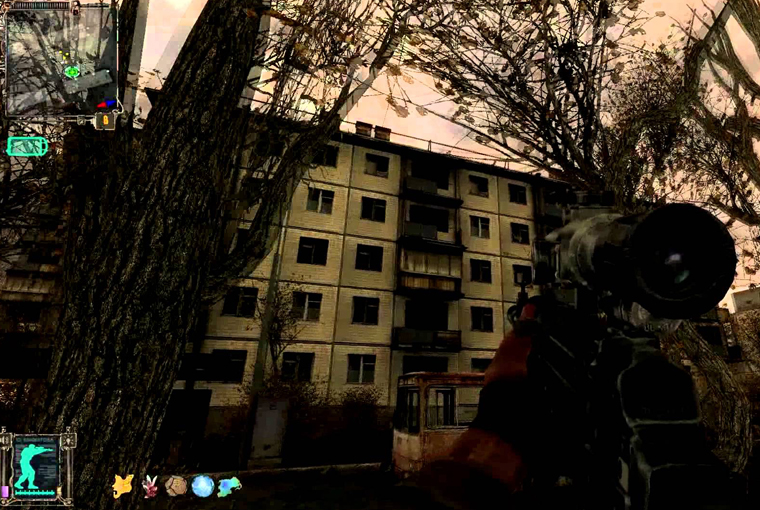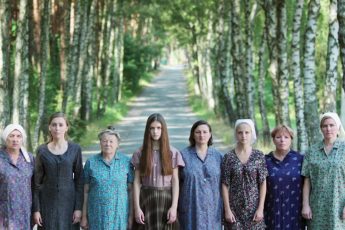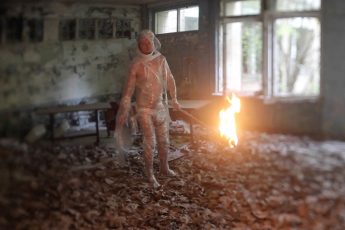
Thirty years have passed since the catastrophic accident at the Chernobyl nuclear power plant happened. The multi-state country that once housed the plant – the Soviet Union – has since broken up into fifteen nation states; the iron curtain has rusted and traveled eastward. Such major geopolitical changes brought a reassessment of memory culture along ideological and national lines. Many Ukrainians today perceive the accident as a catastrophe bestowed upon them by others, while Belorussians and Russians have their own respective memory cultures surrounding the accident. Time, too, has had its say. As with many catastrophes, the first phase of dealing with Chernobyl revolved around the “why”, with victims, relatives and the public searching for answers to what caused the catastrophe. Gradually, a memory culture developed that has dealt with the consequences of the disaster – with death, sorrow and trauma. This second phase, though resisting closure and potentially never-ending, has been complemented and in some cases supplanted by a third phase of normalization, in which the erstwhile inevitability of the catastrophe is broken by the passage of time and lives. Because the experience of Chernobyl is deeply fragmented and its causes are so complex, all three phases are still latent today. This month’s issue of our journal, which is being published on the occasion of the 30th centenary of the catastrophe, seeks to unearth the way in which these three phases interact in order to better understand both Chernobyl and those who are remembering it.
***
Daniel Fuller looks at the way a Ukrainian computer game transfigured folkloric processes of remembering, drawing parallels to Andrei Tarkovsky’s Stalker. Ivette Löcker reflects on representability and memory in her review of Pol Cruchten’s latest documentary Voices from Chernobyl. Ukrainian scholar Tetyana Ostapchuk locates negative national stereotypes in popular US-American productions about Chernobyl ranging from X-Files to the Die Hard franchise. Jack Page looks at Chad Gracia’s Russian Woodpecker documentary, which situates the Chernobyl disaster within the context of the recent political upheaval in Ukraine. Finally, Ana Riberio analyzes the transnational aspects of Michale Boganim’s Land of Oblivion. Our Chernobyl special also features an interview with nuclear energy expert Sonja Schmid, who speaks about the multiple causes for Chernobyl, the politics of nuclear energy and the myth of a unified Chernobyl experience.
We hope you enjoy our reads.
Konstanty Kuzma & Moritz Pfeifer
Editors




Leave a Comment